Lucidea’s Lens: Knowledge Management Thought Leaders Part 71 – Rob Cross

Stan Garfield

Rob Cross is an author, professor, and researcher who has studied the underlying networks of effective organizations and the collaborative practices of high performers.
Working with more than 300 organizations and reaching thousands of leaders, he has identified specific ways to cultivate vibrant, effective networks at all levels of an organization and at any career stage.
He is Senior Vice President of Research at the Institute for Corporate Productivity (i4cp) and the Edward A. Madden Professor of Global Leadership at Babson College. Rob is also the co-founder and director of the Connected Commons, a consortium of over 150 leading organizations accelerating network research and practice. Rob specializes in agility, well-being, innovation, collaboration, and network analysis.
Books
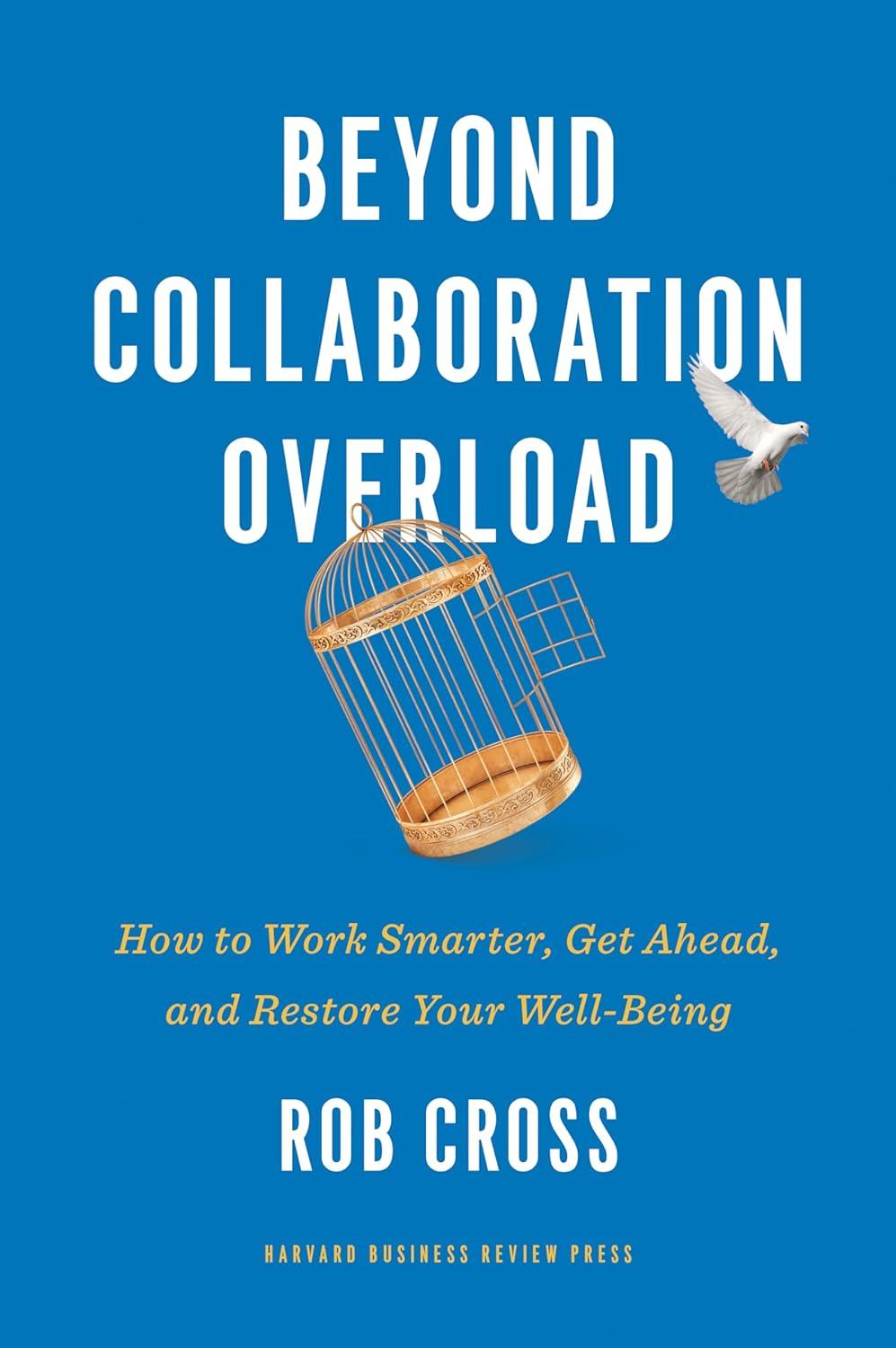
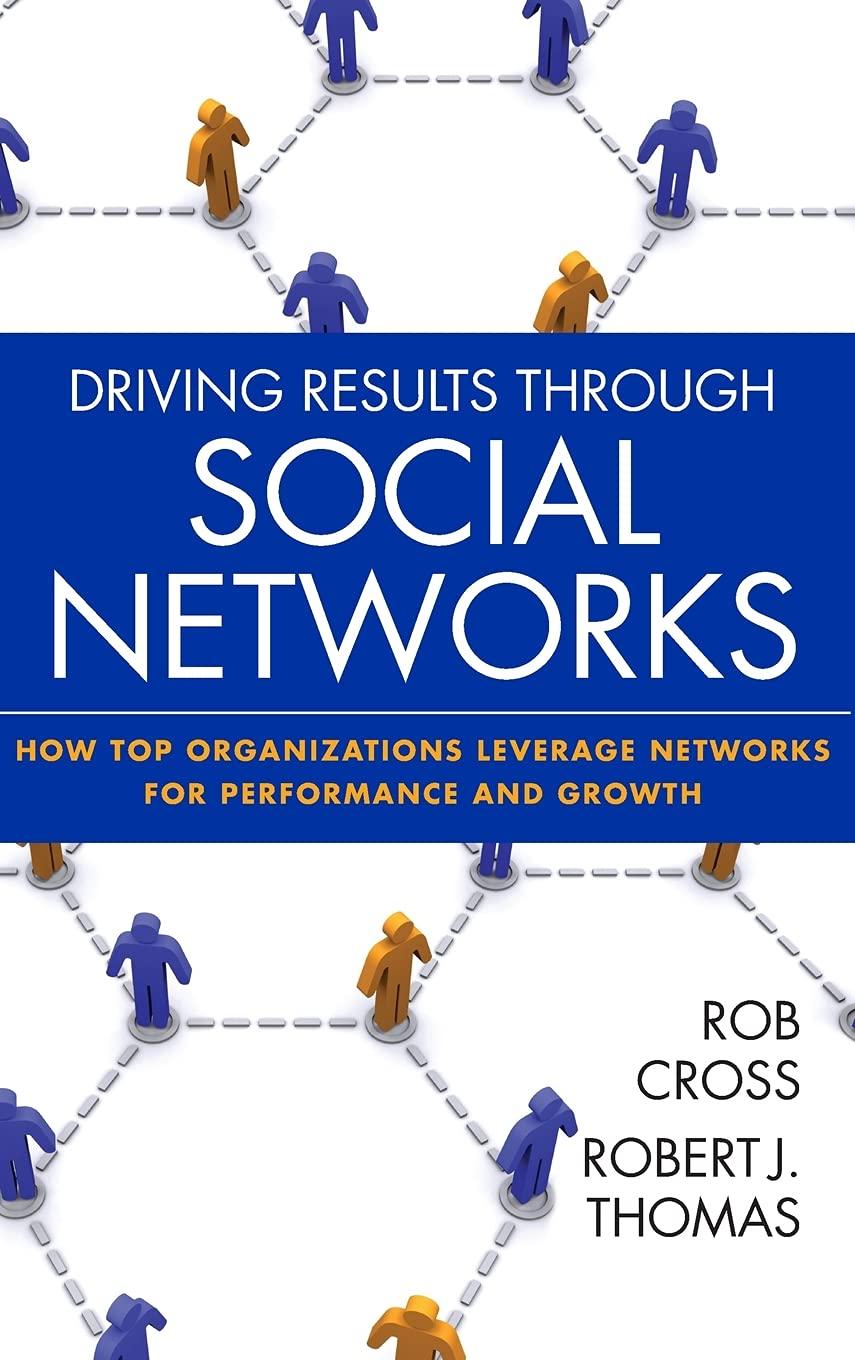
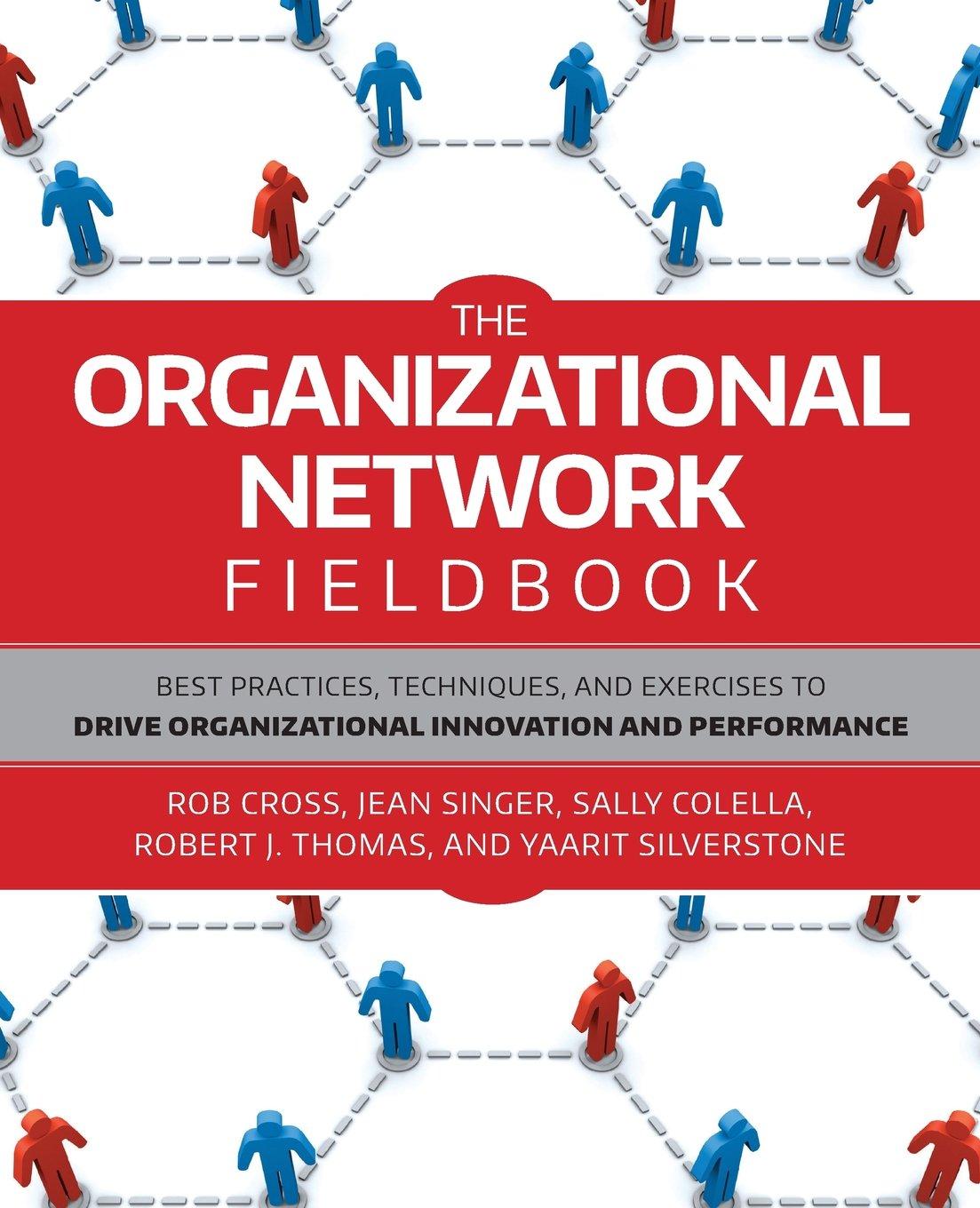
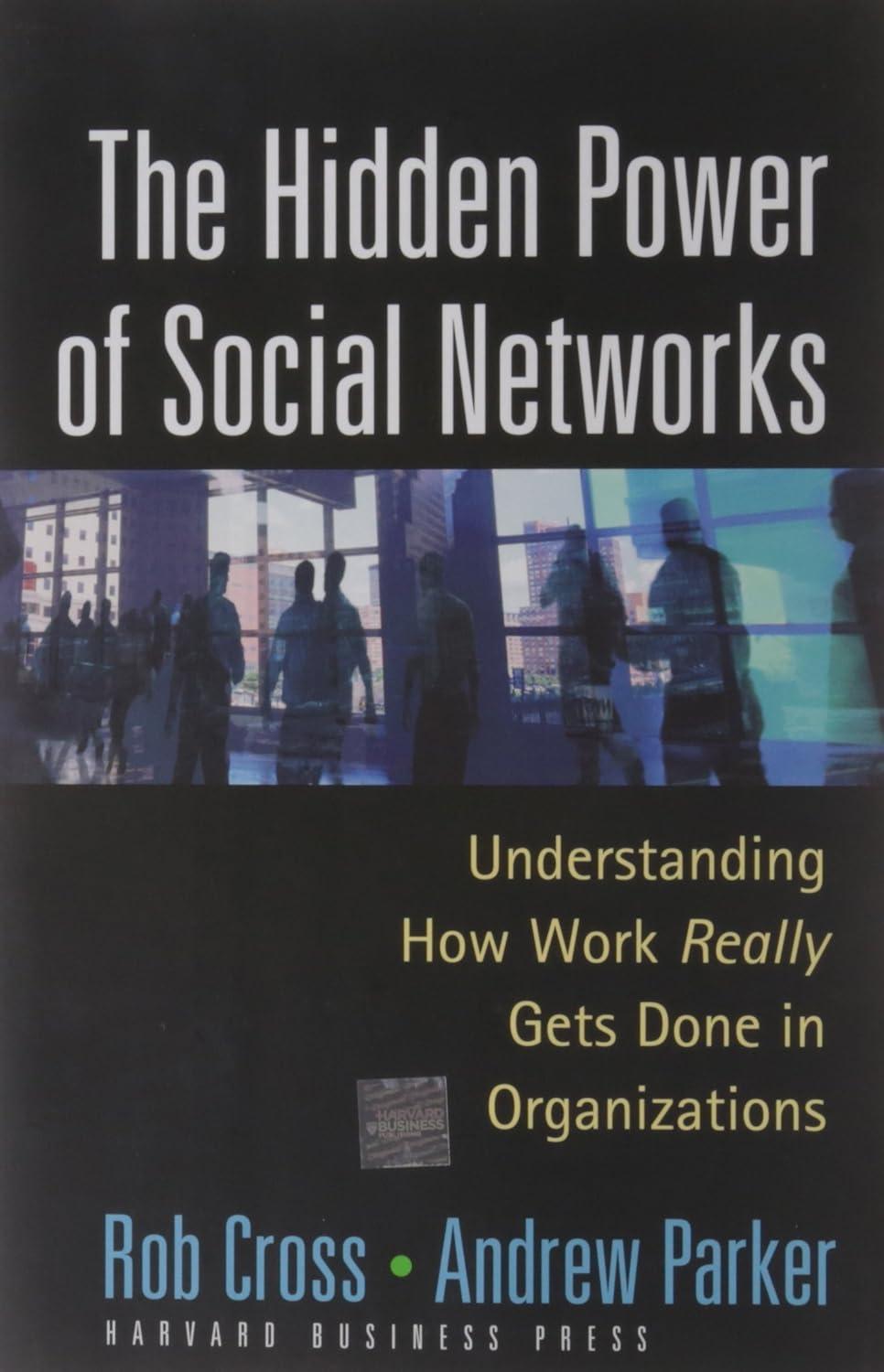
Network Analysis Enhances Merger Integration
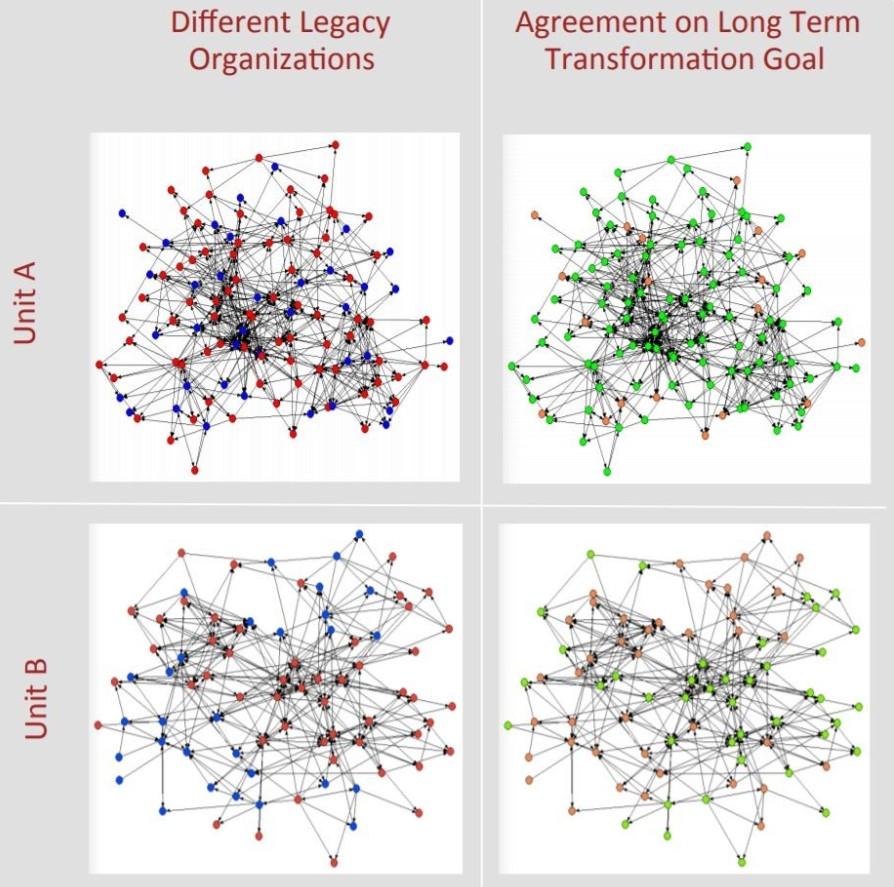
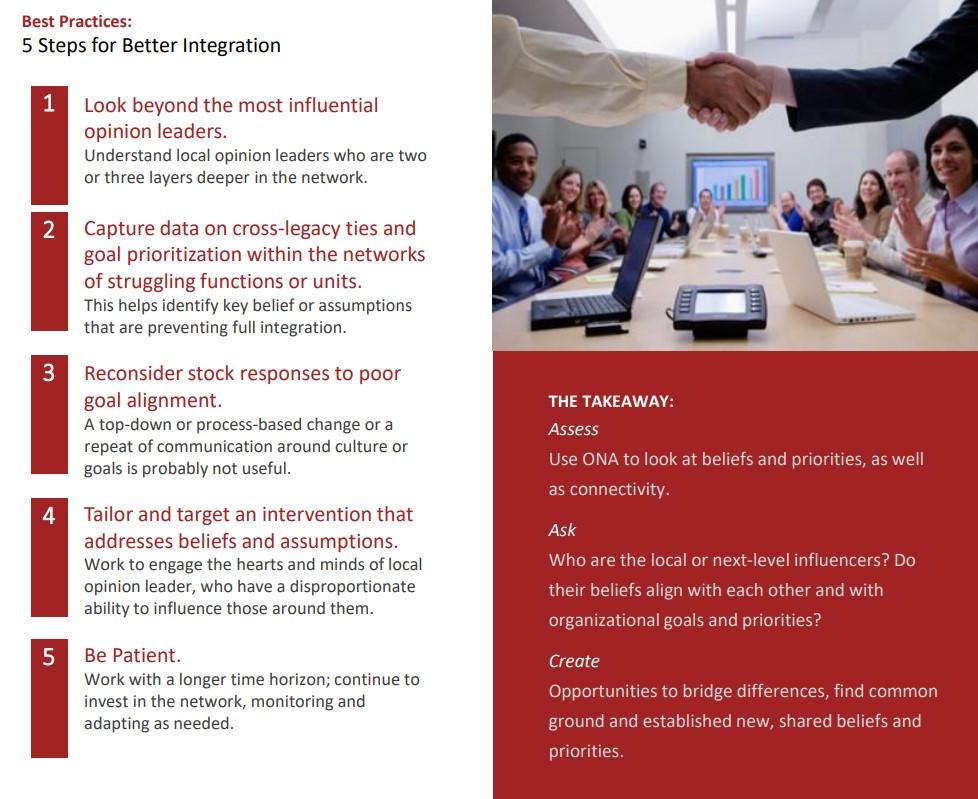
5 Ways Successful Collaborators Reach Their Goals
- Focus on your strengths.
- Focus on connections.
- Manage to your best rhythm of work.
- Sculpt your work to align with your objectives.
- Block time in your calendar for more-reflective work.
Where We Go Wrong with Collaboration
By collaborating in a more purposeful fashion, the successful people I studied were 18-24% more efficient than their peers. In-depth interviews with more than 600 successful women and men showed how they accomplished this feat through three categories of behaviors:
- Identifying and challenging beliefs that lead us to collaborate too quickly
- Imposing structure in our work to prevent unproductive collaboration
- Altering behaviors to create more efficient collaboration
Reflect on the statements below and consider which beliefs you need to guard against:
- “My desire to help others makes me too easy an outlet for collaborative requests.”
- “My sense of fulfillment from accomplishment leads me to engage in collaborative work that creates overload.”
- “My desire to be influential or recognized for my expertise creates excessive reliance on me.”
- “My concern with being labeled a poor performer leads me to engage in collaborations that create overload.”
- “My need to be right leads me to spend too much time preparing for and engaging in collaborative activities.”
- “Fear of losing control of a project — or a belief that I am the most capable person to do the work well — keeps me from delegating tasks or connecting people around me.”
- “My need for closure results in communications that create unnecessary work and stress for others and drive future interactions back to me.”
- “My discomfort with ambiguity and managing adaptation as a project unfolds results in excessive collaborative work to overly perfect or obtain buy-in for a plan.”
- “FOMO drives me to engage in collaborative work that creates overload.”

Stan Garfield
Lucidea presents “Profiles in Knowledge Part Three” the third of four free webinars based on Stan Garfield’s upcoming book, Profiles in Knowledge. He will detail five categories associated with the discipline of knowledge management, including Collaboration and Conversation, and spotlight KM practitioners with substantive impact in these areas. Join us TODAY, May 23, at 11 a.m. Pacific, 2 p.m. Eastern. Register now!
Never miss another post. Subscribe today!
Similar Posts
Lucidea’s Lens: Knowledge Management Thought Leaders Part 79 – David Garvin
KM expert David Garvin was a proponent of organizational learning to counter unpredictability in market forces and technology advances.
Lucidea’s Lens: Knowledge Management Thought Leaders Part 78 – Carl Frappaolo
KM expert Carl Frappaolo was the creator of Delphi’s Knowledge Management Methodology (KM2)
Lucidea’s Lens: Knowledge Management Thought Leaders Part 77 – Leif Edvinsson
Leif Edvinsson, Professor Emeritus at Lund University in Sweden, specializes in Intellectual Capital Management of Enterprises, Cities, and Nations
Lucidea’s Lens: Knowledge Management Thought Leaders Part 76 – Seth Earley
Seth Earley works in cognitive computing, knowledge engineering, data management systems, taxonomy, ontology, and metadata governance strategies.

Leave a Comment
Comments are reviewed and must adhere to our comments policy.
0 Comments